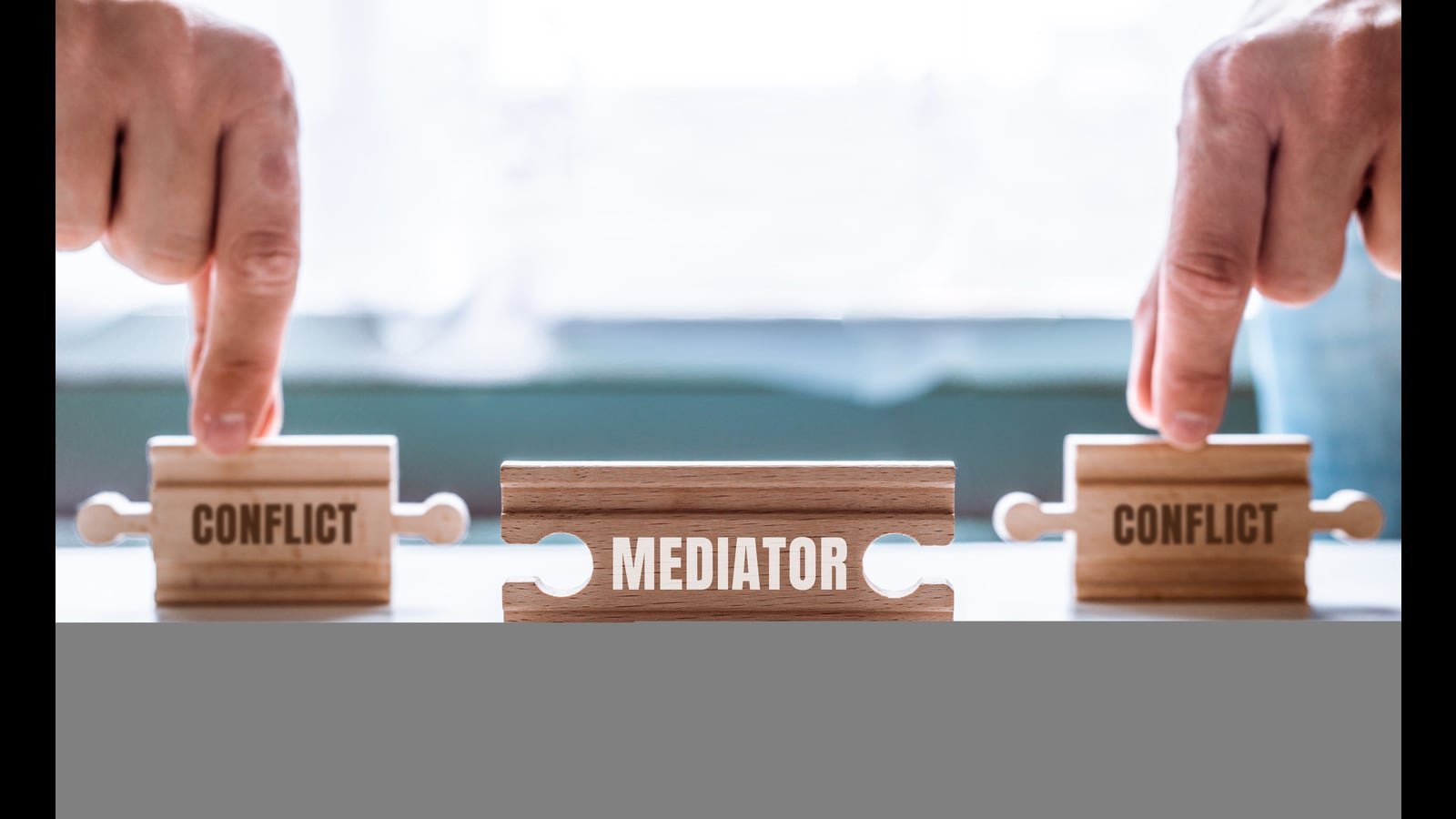
Mediation
What Mediation Is
Mediation is an informal process of negotiation between two or more parties that is facilitated by a neutral third party - the mediator. The mediator works for both parties equally and does not make decisions for the parties. Instead, the mediator listens to the concerns and desires of each party, frames the issues, defines the problems, and then helps the parties find common ground and negotiate a settlement which meets the needs of both parties to the extent possible.
Mediation is an entirely confidential process, and no discussions or settlement offers can be utilized later in Court by any party. Mediation can occur with both parties in the same room, with parties in separate rooms, or even through video conferencing - whichever ensures both parties are comfortable and able to be open with the mediator.
Benefits of Mediation
There are numerous benefits to mediation, including the following:
Case resolutions customized to the reasonable needs and wants of both parties
Faster resolution than waiting on Court processes, allowing each party to move on more quickly
Even if all issues cannot be settled, there is an ability to reach settlement on some issues
Reduced costs of discovery and litigation
Communication between the parties often improves and all parties have a voice
The process is voluntary
Mediation Related Services
Our mediators can customize services to the needs of the parties:
Assistance in resolving all pending issues between the parties (full and final settlement)
Assistance in resolving some pending issues between the parties (partial settlement)
Assistance in reaching temporary settlement/orders between the parties
Assessment of legal issues and the potential risks/benefits of litigation
Drafting of settlement agreements, pleadings, or other documents required to finalize the matter
Frequent Questions About Mediation
What our mediators charge:
Our mediators charge $250 per hour for the mediation and time spent preparing for the mediation
Travel expenses:
Our mediators do not charge for travel if the mediation occurs within the 1st District Court boundaries (Rich, Box Elder, and Cache Counties)
There is a $70 flat fee for travel to locations within the 2nd District Court boundaries (Weber, Morgan, and Davis Counties)
There is a $100 flat fee for travel to locations within the 3rd and 4th District Court boundaries (Salt Lake, Summit, Tooele, Wasatch, Utah, Juan, and Millard Counties)
Who pays the mediator:
All parties involved in a mediation will equally share the mediator fees
When to pay the mediator:
The mediator is paid in full on the day of mediation at the conclusion of mediation
Whether a deposit is required:
Deposits/retainers are not normally required in advance of the mediation.
Whether mediators can provide legal advice:
Mediators cannot provide legal advice to either party
Mediators can, however, assess strengths and weaknesses of party positions
Mediators can also provide suggestions and possible solutions to hep resolve concerns of each party
Whether mediators represent either party before or after mediation:
Although are mediators are experienced licensed attorneys, if they are hired as a mediator, they cannot represent either party before or after mediation
What information the mediator should have prior to a mediation session:
A week prior to a mediation, the mediator should receive a brief summary of the issues between the parties
The parties should also bring or have ready access to any necessary financial or other documents that may need discussed or verified during the mediation
Whether you need to see or speak with the other party at the mediation:
You do not need to see or speak to the other party during the mediation
If there are safety concerns, please let us know in advance to coordinate staggered arrivals or whether the mediation should be conducted by video conferencing
Even if you choose to start in a joint session, the parties can request to proceed separately at any time
Whether you need your own attorney at mediation:
Parties are always encouraged to seek their own independent legal advice from an attorney
Parties may also choose to proceed on their own
